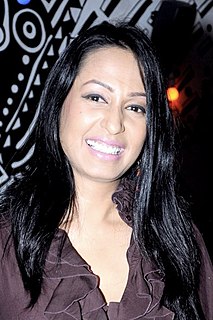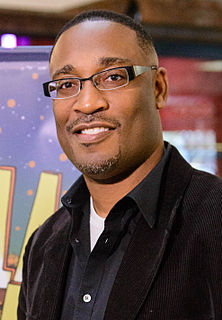A Quote by Kashmira Shah
I don't want to do 85 scenes in a film that has no head or tail.
Related Quotes
The skillful tactician may be likened to the shuai-jan. Now the shuai-jan is a snake that is found in the Ch'ang mountains. Strike at its head, and you will be attacked by its tail; strike at its tail, and you will be attacked by its head; strike at its middle, and you will be attacked by head and tail both.
There are people on the ratings board and so froth who don't want certain scenes in the film. There are people who come up and say, "What graphic love scenes. I think, How can a love scene be graphic? Have you seen Total Recall? In this R-rated movie you see a man who you've seen being in love with and sleeping with this fabulous woman shoot her right through the head. "Consider this a divorce" is supposed to be the funniest line in the movie.
Sometimes, a scene goes on too long and, with this being a suspense story and murder mystery that you're trying to discover through her heightened paranoia, you don't want scenes that take you on a tangent. Sometimes, you love those scenes, but you know that it's better not to be in the overall film. So, I'm not sad that they're not in the main movie, but I do think it's fun for people to get to watch them, if they want to.
Both as a filmmaker and as a fan I love the behind-the-scenes stuff, I like it even more than deleted scenes frankly. Especially when you're happy with the movie and you're proud of it, those deleted scenes give you also a sense of the making of the film and the process through which you end up with the final product.
Film and television are very different. On the TV show, we do seven or eight scenes a day, so time and money are of the essence, and we have zero room for creativity because you've got to do each scene in only five takes. Whereas, on a film, you have an entire day to film one scene, so you have so much time to choose how you want to fill in a scene.
Kurt Russell said another brilliant thing. He had starred in umpteen movies by that point. And he said, "Generally speaking, in every film I've done, there are only about three or four scenes that I can really do something with. For the rest of it, it's not so much that you don't have to prepare, but there's not much you can really do. You just do what is asked of you in those scenes. You don't want to do too much."



































